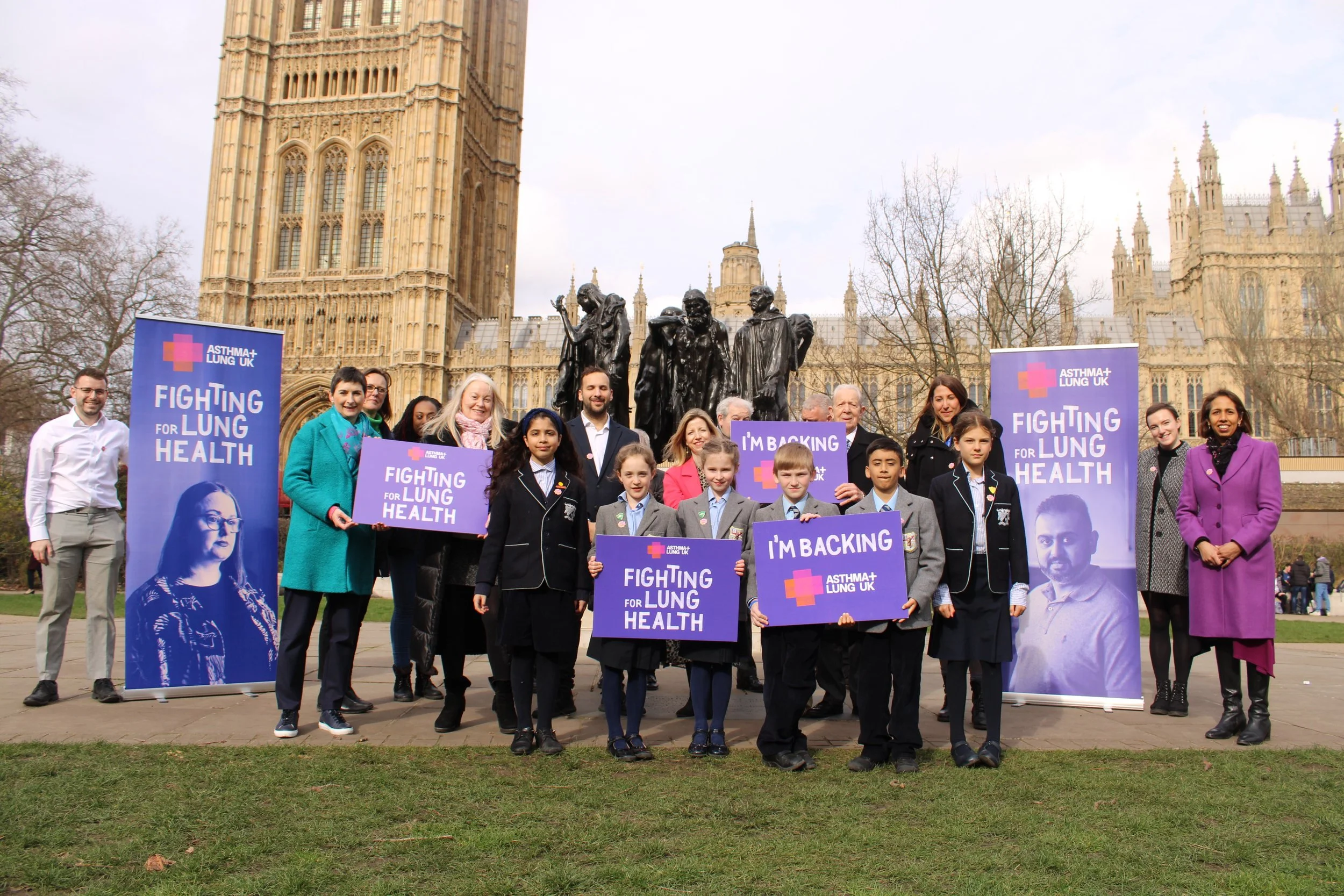Taking care of ourselves this winter
Pam Parry is BLF’s Respiratory Nurse Specialist Co-Lead and talks to us about why we should all be taking care of ourselves this winter, especially if you have a lung condition.
This year’s not been like any other. You’ve probably seen less of family and friends and may have stayed indoors more, even in the summer. If you’ve been shielding at any point this year, you might have had a very different year to usual.
As we head into winter and on to a new year, I want to stress how important it is to take care of yourself. Your mental wellbeing is extremely important and you might feel like yours had taken a bit of a knock because of the pandemic. If you feel like you’re struggling, we have some health advice on mental health, depression and anxiety, which you might find useful.
Try as best you can to stay in touch with friends and family - give your loved ones a call or send them a text. You could even speak to them online or write them a letter. It’s worth reaching out, as this year has been a difficult time for everyone and it’s important we stay connected.
Eat well and keep moving
At this time of year, it’s important to keep ourselves moving – in the home is just as good as outside. We have videos and explanations of exercises you can do indoors or outdoors, as well as tips on setting yourself goals.
As it gets colder, it’s also important to keep yourself warm by heating your home to at least 18c and drinking plenty of hot drinks. Keeping to a well-balanced diet is also important if you have a lung condition, as it can help your symptoms and give you more energy.
Managing your condition is essential too – keep taking your medication as prescribed, know what to do if you have a flare-up or an exacerbation, and keep your regular appointments. If your GP surgery can’t offer you a face-to-face appointment, or you’re worried about going to your doctor, they may offer you a video appointment.
You might not have had one before, but they’re a great way to keep up your care over winter. Dr Andy Whittamore has tips on how to make the most of your phone or video appointment, which you may find helpful.
And remember, if you feel like your symptoms are getting worse or you’re experiencing new symptoms, call 111. If you’re having a medical emergency, you need to call 999 straight away – don’t wait.
We empower people with lung conditions to make changes that can be transformative.
Please donate now to help make sure people with lung conditions can live well this year.








Beki is a PhD student from the West Midlands. She has several health conditions including severe asthma and Ehlers-Danlos syndrome (EDS). EDS is a rare inherited condition that affects connective tissue. Last May, Beki set herself a fundraising challenge to complete 180,000 steps to raise money to mark World Asthma Day and EDS Awareness Month.